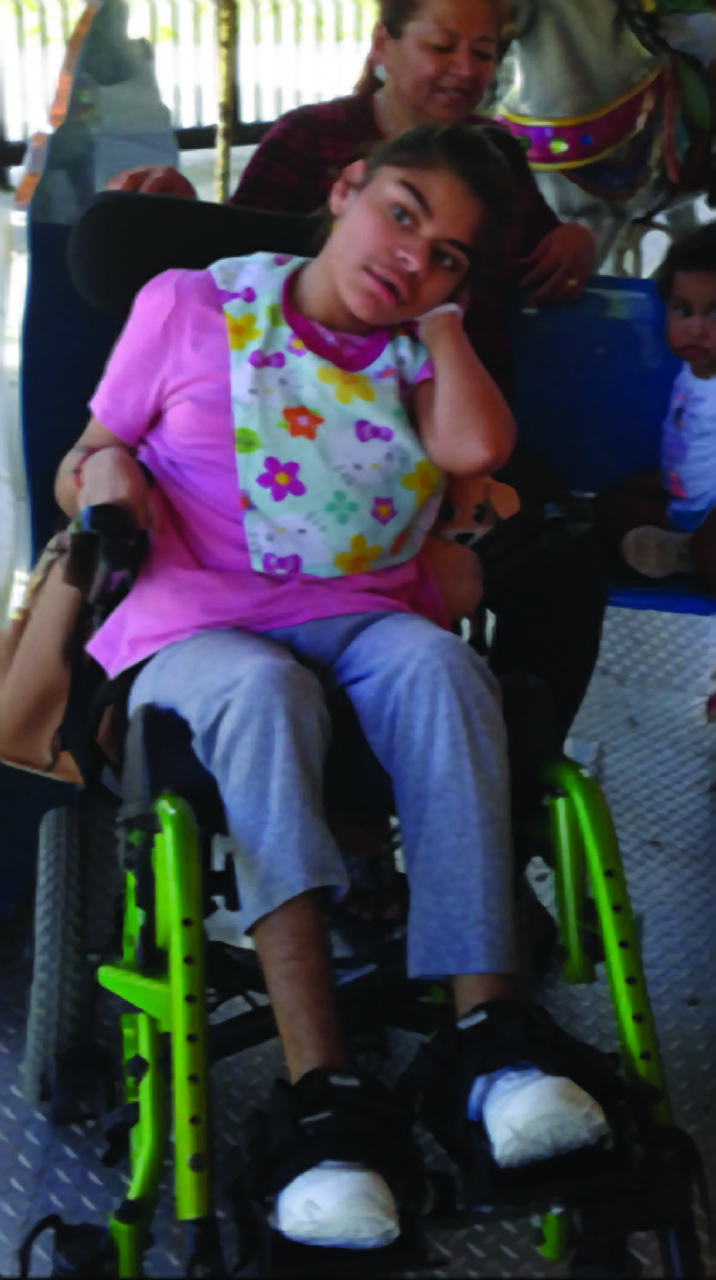Ibem is a 30-year-old man with developmental and cognitive disabilities, short-term memory challenges, as well as executive functioning and auditory processing conditions. Ibem’s evaluation showed an iPad would be a good fit for him. The iPad he received from The Eric Fund will help him better communicate, organize himself, and use assistive technology as he actively looks for supported employment. An iPad would help him make that successful transition to a workplace and have job success by keeping him on task, on track, and communicating more effectively.
A high school graduate who attended community college, Ibem completed a four-year program and earned his apprenticeship diploma in plumbing. He plans to study and take the licensing exam to become a plumber in the future after serving as an apprentice in the field for a while. Ibem’s mother shared that the iPad will help him greatly in achieving that goal and many others.
In his leisure time, Ibem enjoys puzzles and virtual calls with his sister and her new baby. Before COVID-19, Ibem was volunteering
at his church and at the Northern Virginia affiliate of Rebuilding Together, a home rebuilding and repair organization. Fortunately, these groups have regular socials on Zoom that he now participates in to stay connected. Now that Ibem has his own iPad, he can participate in calls on his schedule as he won’t have to share the family computer.
Ibem was in his own assisted living apartment for the past four years until COVID-19 began and he wasn’t able to get the personal care he required. It was a difficult decision, but his mother determined he needed to be at home with her. He looks forward to returning to his own apartment with his new iPad once the pandemic is over.

































